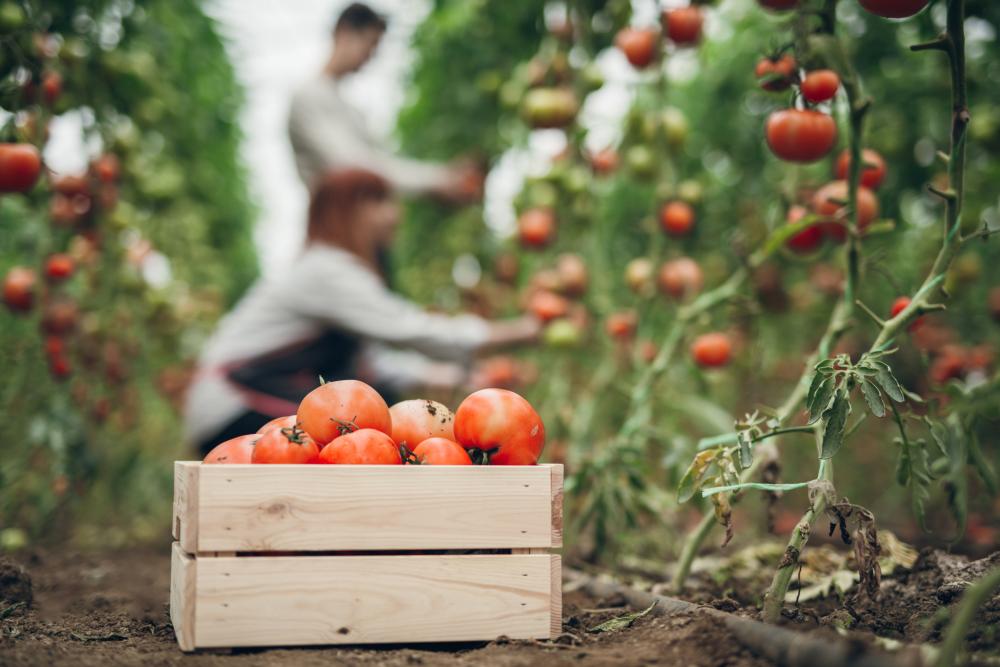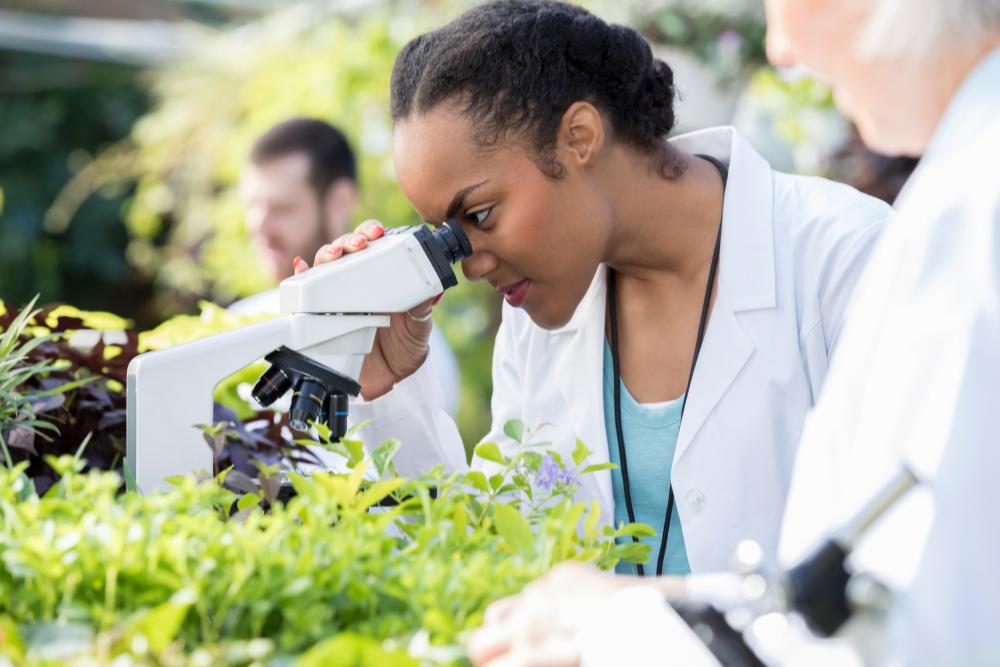2 min Read
Gene editing was on the agenda this week at the SXSW Conference and Festivals, the annual celebration of music, film, tech and innovation in Austin, Texas, during the premiere of the new documentary “Human Nature.” The film explores the gene-editing tool CRISPR, which has revolutionized many areas of research.
In an interview with SXSW, director Adam Bolt said CRISPR could “help with some very serious problems that our planet is facing.”
That’s certainly true in the realm of food and agriculture, not just for CRISPR but for gene editing more generally. Today, scientists are using this plant breeding method to produce foods that bring benefits to you and the planet.
“Gene editing to make crops more abundant and resilient could be a lifesaver on a massive scale,” said Microsoft founder and renowned philanthropist Bill Gates.
Healthy Foods
Scientists are making fruits and vegetables even better for you by making tiny changes to a plants’ genetic code to boost levels of important nutrients.
Take the tomato. An international group of scientists used the new plant breeding method to increase the amount of lycopene, an antioxidant that reduces risk of cancer and heart disease. All tomatoes naturally contain lycopene in limited quantities — it’s what gives them their deep red color. The gene-edited tomato, though, had more lycopene than other varieties, boosting the health benefit of your favorite salsa.
And, most importantly, “They taste great!” said Lázaro Peres of the University of São Paulo, one of the project’s researchers.
Other future foods with added health benefits, thanks to gene editing, could include reduced gluten wheat and vegetable oil with less saturated fat.
Healthier Planet
Gene editing also provides the opportunity to develop crops that require less water to grow. In 2018, scientists made a major breakthrough on this work. A group of researchers at the Carl R. Woese Institute for Genomic Biology at the University of Illinois at Urbana-Champaign discovered that by tweaking a single gene in a plant, they could make it 25% more water efficient.
These advances will become more important as our climate changes and the threat of more severe and more frequent droughts increases.
“These plants had more water than they needed, but that won’t always be the case,” said co-first author Katarzyna Glowacka, a postdoctoral researcher at the institute.
Strict Regulation
As scientists explore the potential of new breeding methods to develop enhanced food varieties, it’s important to note that all U.S. food, regardless of how it’s produced, is regulated by the Food and Drug Administration. Whether produced through traditional plant breeding, or through newer innovative breeding methods like gene editing, all new plant varieties go through rigorous testing before their seeds are ever sold to farmers. This includes everything from federal oversight and state laws, to plant breeder, grower and food company standards.



